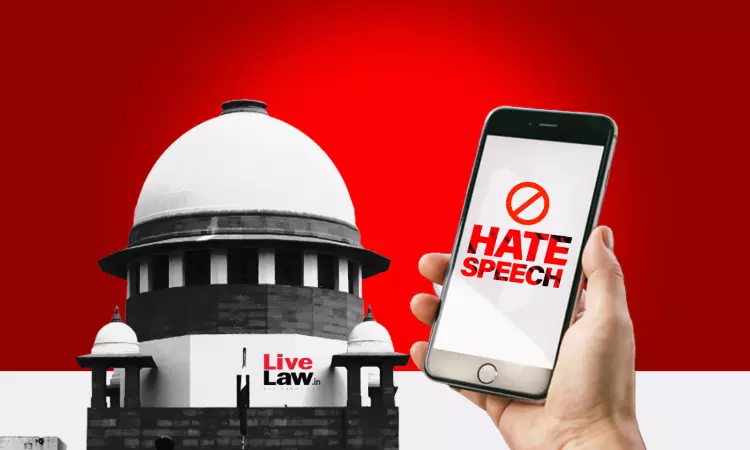- Home
- /
- Top Stories
- /
- 'Hate Speeches From All Sides Will...
'Hate Speeches From All Sides Will Be Treated Alike' : Supreme Court
Awstika Das
18 Aug 2023 3:38 PM IST
Hate speech, whether be it from one side or the other, will be treated alike and dealt with under the law, the Supreme Court orally said on Friday. A bench of Justices Sanjiv Khanna and SVN Bhatti was hearing a batch of petitions seeking action against hate speeches, including a recently filed plea seeking action against calls made by several groups for the social and economic boycott...
Next Story



